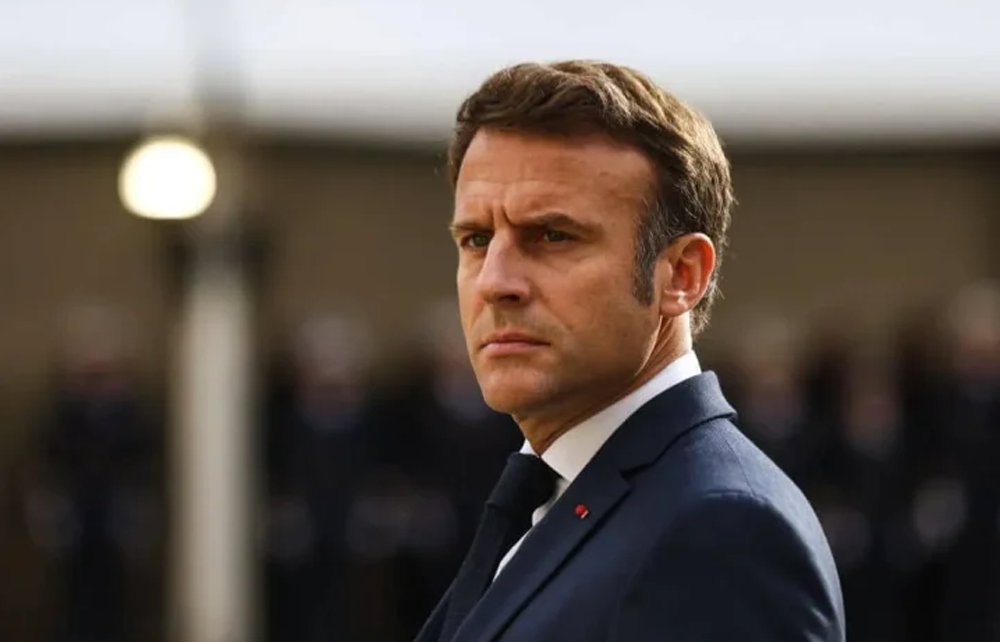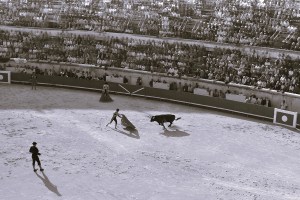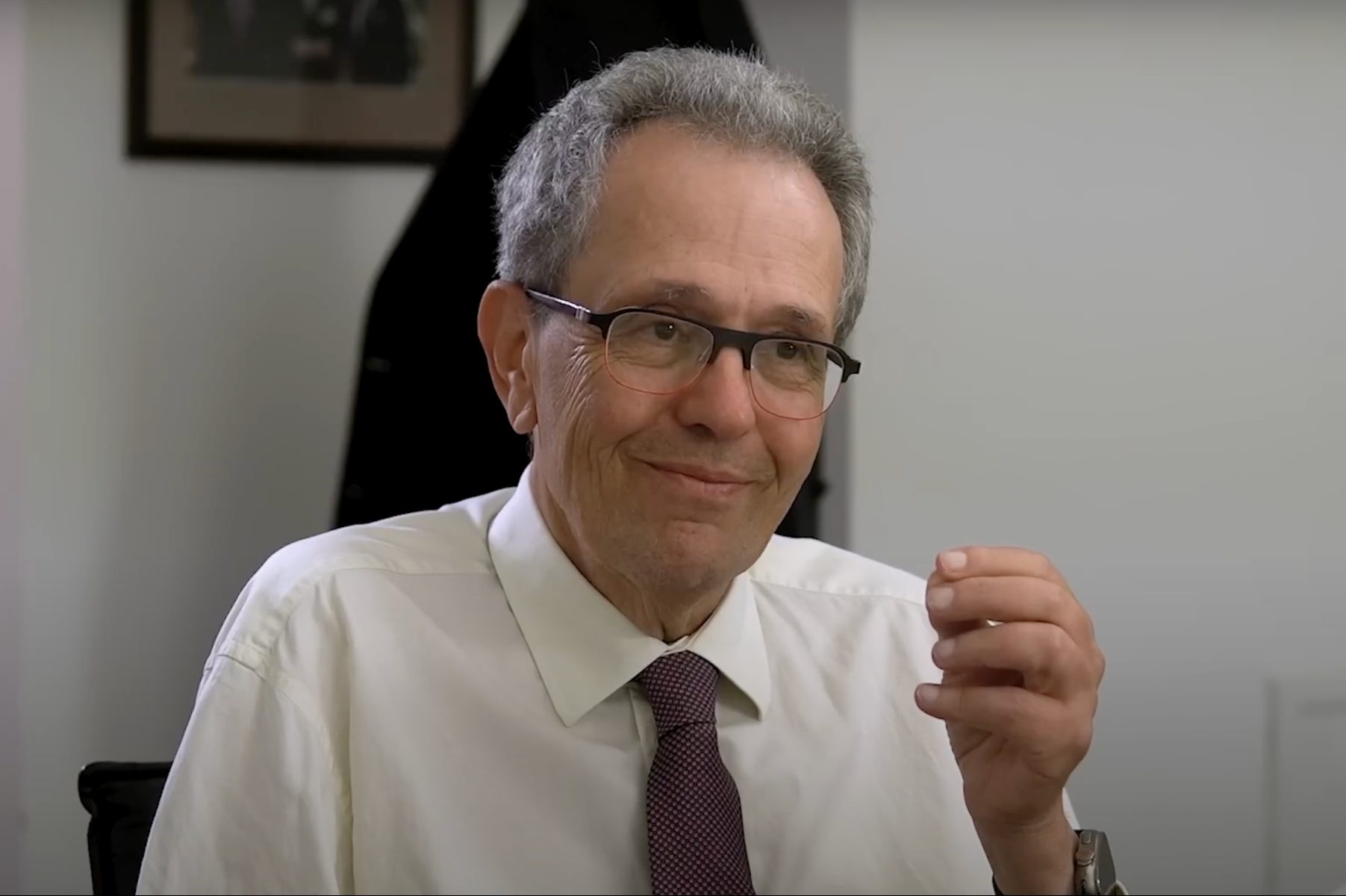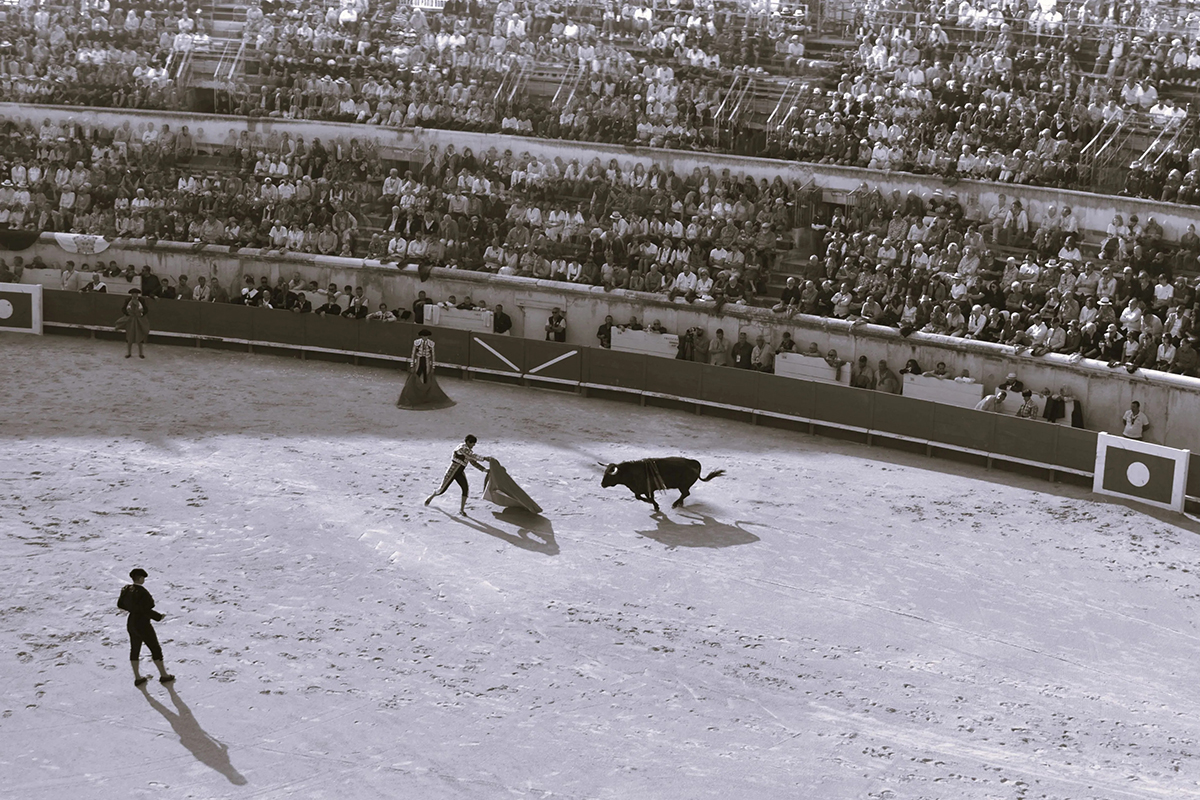A notable feature of how the French public view the war in Ukraine is that the strongest support for its continuation is among voters who identify as Centrists and Socialists. Those most in favor of a peace settlement are backers of the left-wing Jean-Luc Mélenchon and the right-wing Marine Le Pen and Éric Zemmour.
A poll in December revealed that 69 percent of the former and 77 percent of the latter would prefer that negotiations take precedence over the delivery of weapons to Ukraine, a number that rose to 88 percent among Zemmour loyalists. These dropped to 57 percent for Socialists and 60 percent for supporters of Emmanuel Macron’s Renaissance Party.
The majority of Socialists and Centrists in France are from the same demographic, the affluent middle-class, and it may be that they are not as anxious about the rising energy bills and petrol prices as those who vote for Mélenchon and Le Pen, the majority of whom are blue-collar workers — or students, in the case of Mélenchon. But this is not to say that the French are fans of Vladimir Putin. Earlier this month, a poll revealed that only 9 percent of people had a favorable opinion of the Russian leader, compared with 60 percent for Volodymyr Zelensky.
French opposition to the war is predicated on several factors; the worsening economic situation in the country is one, and the fear of a nuclear conflict another. But it’s also a result of Gallic anti-Americanism. The hard left dislike America because of its capitalism; the right for its cultural undermining of the Republic over the years with its food, films and, more recently, its progressive ideology, which is slowly but steadily infiltrating French society.
But there are also memories of the Iraq War, a conflict that began twenty years ago and caused a deep and bitter rift between France and the US.
The French reluctance to join George W. Bush’s “Coalition of the Willing,” as it was branded in 2003, proved subsequently to be justified. But for many months France was barracked and insulted in America for this choice.
On February 11 that year, the Guardian reported that the USA regarded the French as “wimps, weasels and monkeys.” Just about every media outlet was united in bashing them for not falling into line against Saddam Hussain’s regime in Iraq. There were insulting references to World War TWO, numerous mocking cartoons and the New York Times proposed that India should replace France in the UN Security Council because India was a “Serious” country whereas France “is so caught up with its need to differentiate itself from America to feel important, it’s become silly.”
Talk-show hosts such as Jay Leno and David Letterman piled in, infuriated that then-president Jacques Chirac refused to join the coalition because he had not seen adequate proof that Hussein had weapons of mass destruction, and that he feared war would destabilize the region. “The last time the French asked for ‘more proof’ it came marching into Paris under a German flag,” quipped Letterman, to roars of approval from his audience.
Restaurants and diners across the US — including some on Capitol Hill — renamed French Fries “Freedom Fries” as a rebuke to the “cheese-eating surrender monkeys.” But no one was laughing a year later as the American-led invasion became bogged down in a bloody insurgency that dragged on until 2011 and cost thousands of Coalition lives.
In December 2006, the New York Times admitted that “most Americans have come to see the Iraq War as a mistake” while the paper regretted that France had been traduced because “they dared to urge caution.”
The French understandably resented the insults but, throughout the war, opinion polls showed that the public overwhelmingly supported Chirac’s stance — just as they had in 1991 when François Mitterrand joined the alliance in the first Gulf War. The second invasion was different, however, and the electorate shared Chirac’s belief that the reasons for going to war were spurious.
That skepticism has returned, and it is being aired in newspapers and on radio and television. The French approved, a year ago, of Macron’s shuttle diplomacy as he attempted to avert war — not least because it put France center stage internationally. But many are growing concerned at what they perceive to be their president’s growing belligerence; this year Macron has mooted sending heavy tanks and fighter jets to Ukraine.
The issue has divided the left-wing NUPE coalition, comprising Communists, Socialists, Greens and Mélenchon’s La France Insoumise [LFI]. The Communists and LFI want parliament to decide whether arms should be sent to Ukraine; they claim that at a time when France is suffering a debilitating cost-of-living crisis, money should not be spent on a foreign war that doesn’t directly involve France. The Greens and Socialists believe Zelensky should be given whatever he needs “to repel Russian aggression.”
In interviews last week Mélenchon, Le Pen and Zemmour expressed deep unease about a conflict they fear has lost sight of its original objective — the defense of Ukraine — and has turned into to a war of which the ultimate aim is regime change in Russia. Zemmour said that, for several months, France’s foreign policy has been directed by the US.
Concerns about where the war is going — and what it could mean for France militarily and economically — have also been expressed by historians, philosophers and economists. In an interview in December, Thierry de Montbrial, chairman of the French Institute of International Relations, explained that the US will be “the big winner from this war.” Europe, on the other hand, is in danger of impoverishing itself. “Sanctions hurt us a little more each time,” he said. “We become a little more dependent on the United States, whose unemotional strategy is a combination of values and interests.”
Many of the war’s critics believe that France has become too closely aligned with the US and has lost its diplomatic and military sovereignty. These critics trace this back to 2009 when, under president Nicolas Sarkozy, France rejoined NATO four decades after Charles de Gaulle took them out.
In last year’s presidential election, eight of the twelve candidates pledged to withdraw France from NATO if voted into office. This, according to Le Monde, was because they see it as an organization “dominated by the United States, which uses it as a tool to serve its interests.” Only Macron and those candidates from the Socialists, Greens and center-right Republicans wished France to remain.
The other candidates were representative of the millions of French citizens who would prefer to be mocked as a “surrender monkey” rather than seen as an American poodle.
This article was originally published on The Spectator’s UK website.

























